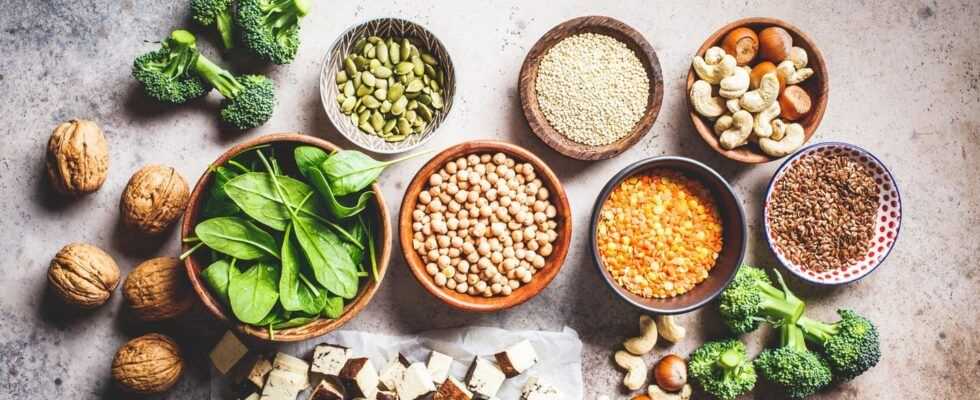Hormonal balance
8 foods that can regulate our hormones
© Nina Firsova / Shutterstock
When our hormonal balance is out of whack, it can negatively affect our physical and mental health. The good news: some foods can regulate hormones.
Hormones are chemical messengers that are extremely important for our health. The hormonal balance must be in balance so that all processes in our body function smoothly. Changes in hormone levels also have a major impact on our mood – an example that most women are familiar with: periods and, above all, PMS.
But the hormonal balance also changes at other times in life and can get mixed up at times. In addition to the monthly cycle, this includes puberty, pregnancies and menopause. Hormonal contraceptive methods such as birth control pills – and also stopping them – change the natural hormone levels significantly. Such imbalances can have very different symptoms, such as:
- Hot flashes
- Hair loss
- Skin problems
- Weight changes (gain or gain)
- Mood swings
- exhaustion
These 8 foods can help regulate hormones
1. Fermented
Yoghurt, sauerkraut and kimchi are full of healthy nutrients that have a positive effect on our digestion. Fermented foods not only keep our intestines healthy, they also influence the hormone production there. For example, the happiness hormone serotonin is produced in the intestine.
2. Soy
Soybeans and the products made from them, such as tofu, can also help regulate our hormonal balance. Soy contains isoflavones, which belong to the so-called phytoestrogens and can alleviate menopausal symptoms, among other things.
3. Flaxseed
Flaxseeds have many health benefits. For example, they are rich in omega-3 fatty acids and antioxidants – the latter protect cells from harmful free radicals. The phytochemicals lignans are also abundant in flaxseed. They regulate the level of estrogen and can, among other things, help prevent breast cancer.
4. Berries
Low-sugar fruits, especially berries, contain both estrogen and progesterone and can help to compensate for the lack of sex hormones during menopause, for example. In addition, raspberries, blueberries, blackberries and the like have an antioxidant effect and thus protect the cells from harmful influences.
5. Broccoli
Broccoli, cauliflower, and kale are cruciferous vegetables. These can regulate estrogen production with the secondary plant substance indole-3-carbinol. In addition, these vegetables are also rich in antioxidants.
6. Spinach
Green leafy vegetables like spinach are rich in iron – we have known that since Popeye at least. The metal supplies our muscles with oxygen and powers our immune system with lots of vitamin C. But iron can do even more: It has a positive effect on our hormonal balance. Many hormone-related problems are due to iron deficiency.
7. Walnuts
Walnuts are rich in healthy omega-3 fatty acids. These are a natural source of the sleep hormone melatonin – so walnuts can help us sleep better on a hormonal level.
8. Ginger
The superfood ginger stimulates fat digestion and the metabolism. The roots can also reduce the harmful xenoestrogens that we absorb from packaging residues in food through plastics. In this way, ginger brings our estrogen balance back into balance and can also help protect against cancer.
Sources used: infothek-gesundheit.de, das-ernaehrungshandbuch.com, netdoktor.de, bustle.com


